Top 15 Dvořák recordings
Gramophone
Sunday, May 23, 2021
Dvořák's music has inspired the advocacy of some of the finest musicians, from Rostropovich and Karajan to Kožená and Rattle. Here are 15 of the best Dvořák recordings...
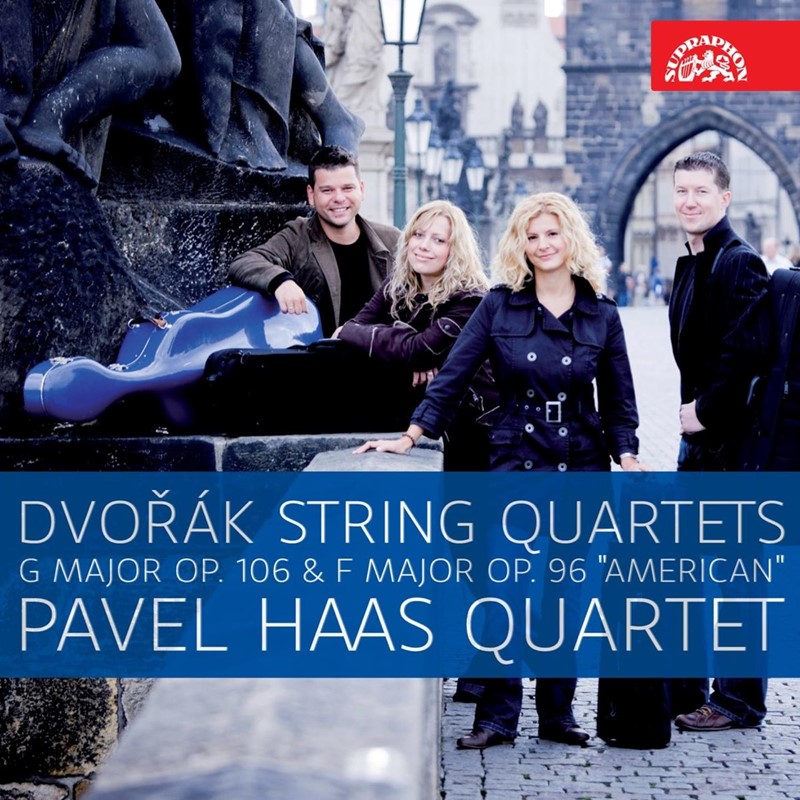
String Quartet Nos 12, 'American', and 13
Pavel Haas Quartet
(Supraphon)
'The Pavel Haas Quartet play with plenty of feeling and they also relish the rhythmic cut and thrust of the Molto vivace third movement, capturing to perfection the more relaxed Trio’s sunny spirit. The finale opens to a gentle smile then keys up for some dancing exuberance, a high-point on this particular recording (cue 1'04" on track 4). As with the first movement, there’s an abundance of varied drama, the kind you hear in the finale of the Seventh Symphony...' Read the review
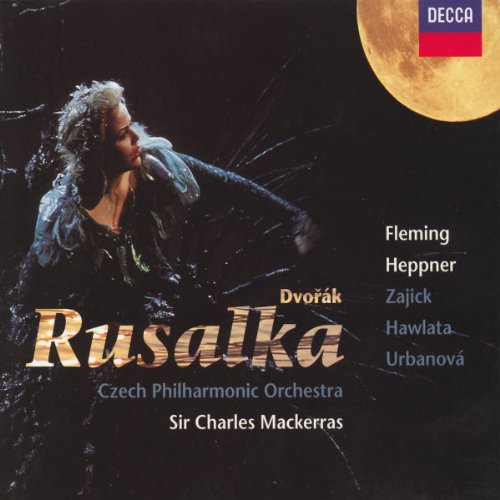
Rusalka
Sols; Czech Philharmonic Orchestra / Charles Mackerras
(Decca)
'The strings produce ravishing sounds, refined and transparent in the lovely evocations of water, often with instruments muted. Mackerras is just as bitingly dramatic as Neumann in the Slavonic dance rhythms that punctuate the score, but he is also far warmer in the rest, whether in the love music or in the ceremonial and ballet music of Act 2...' Read the review
Subscribing to Gramophone is easy, you can choose how you want to enjoy each new issue (our beautifully produced printed magazine or the digital edition, or both) and also whether you would like access to our complete digital archive (stretching back to our very first issue in April 1923) and unparalleled Reviews Database, covering 50,000 albums and written by leading experts in their field.
To find the perfect subscription for you, simply visit: gramophone.co.uk/subscribe
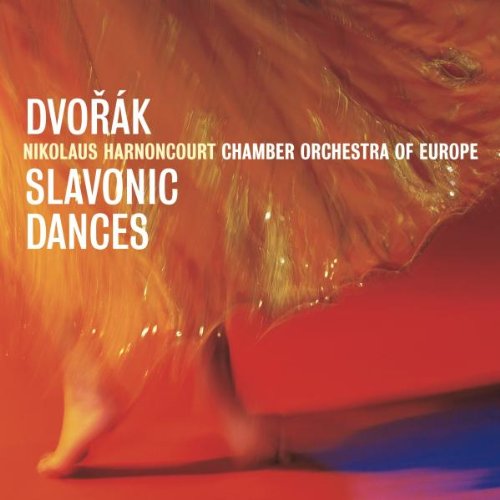
Slavonic Dances
Chamber Orchestra of Europe / Nikolaus Harnoncourt
(Warner Teldec)
'None are better played than this Chamber Orchestra of Europe CD where pooled individuality sheds fresh light on virtually every piece. If you don’t know the music‚ Harnoncourt will make you love it. And if you do know it‚ he’ll make you love it even more...' Read the review
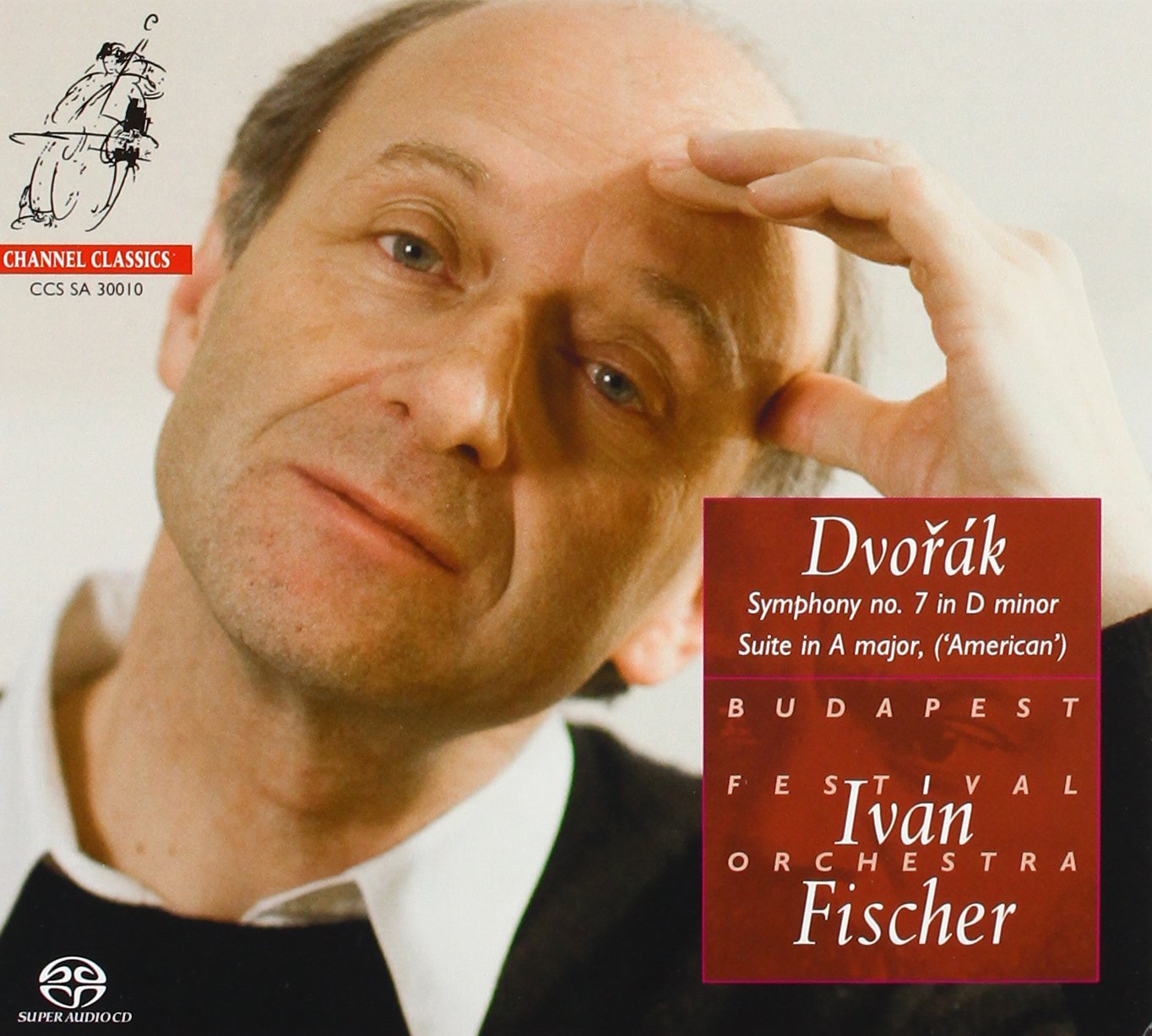
Symphony No 7. American Suite
Budapest Festival Orchestra / Iván Fischer
(Channel)
'Iván Fischer is truly “one on his own”, a fund of fascinating interpretative ideas which, whether or not you always agree with them, invariably make musical sense. On this new version of Dvořák’s Seventh Symphony, for example, the way he “lifts” the transition into the second subject, with string lines that positively bulge nectar...' Read the review
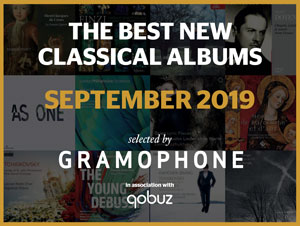
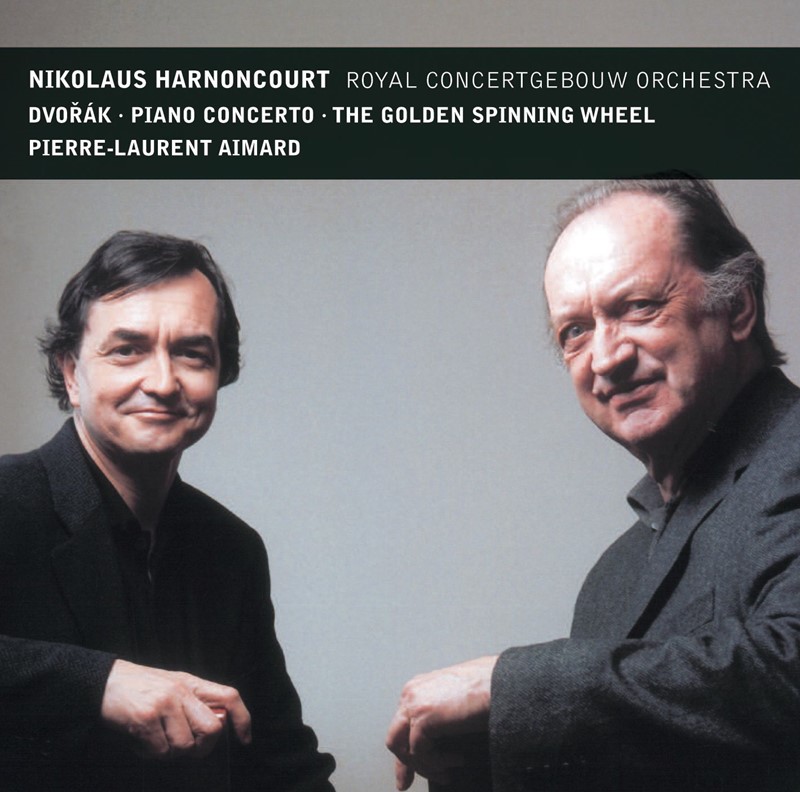
Piano Concerto
Pierre-Laurent Aimard pf Royal Concertgebouw Orchestra / Nikolaus Harnoncourt
(Warner Classics)
'Straight to the top of the list for this one! Even on its best showings – Richter and Carlos Kleiber, Firkuny under Somogyi – Dvořák’s Piano Concerto has never quite managed to cast off its Cinderella rags. With this recording, the ball beckons, and there’s no time limit...' Read the review

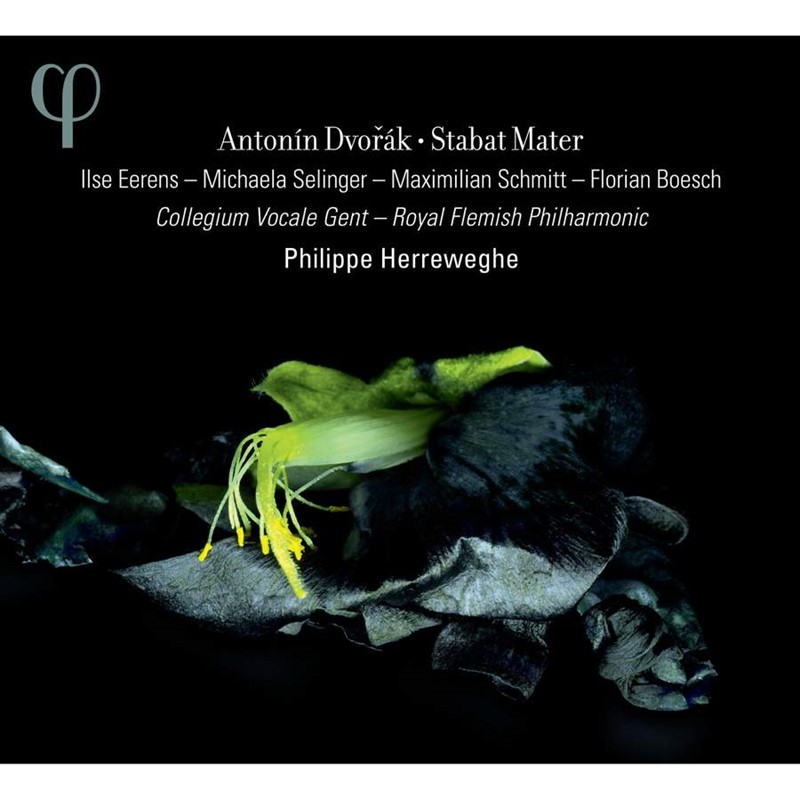
Stabat mater
Collegium Vocale Gent; Royal Flemish Philharmonic / Philippe Herreweghe
(PHI)
'What is especially pleasing is the soloists’ contribution. They really listen to each other and achieve a subtle blend with plenty of non-competitive ‘give and take’. Top prize goes to the tenor Maximilian Schmitt, who is always strain-free and equally magnificent whether leading the chorus in the ‘Fac me vere tecum flere’ movement or as part of the balanced quartet. Michaela Selinger relishes her big alto solo ‘Inflammatus et accensus’ with none of the swooping haughtiness of Dagmar Pecková for Järvi, and Ilse Eerens’s top Bs crown the choral texture with a bell-like clarity. This release must be the top choice...' Read the review

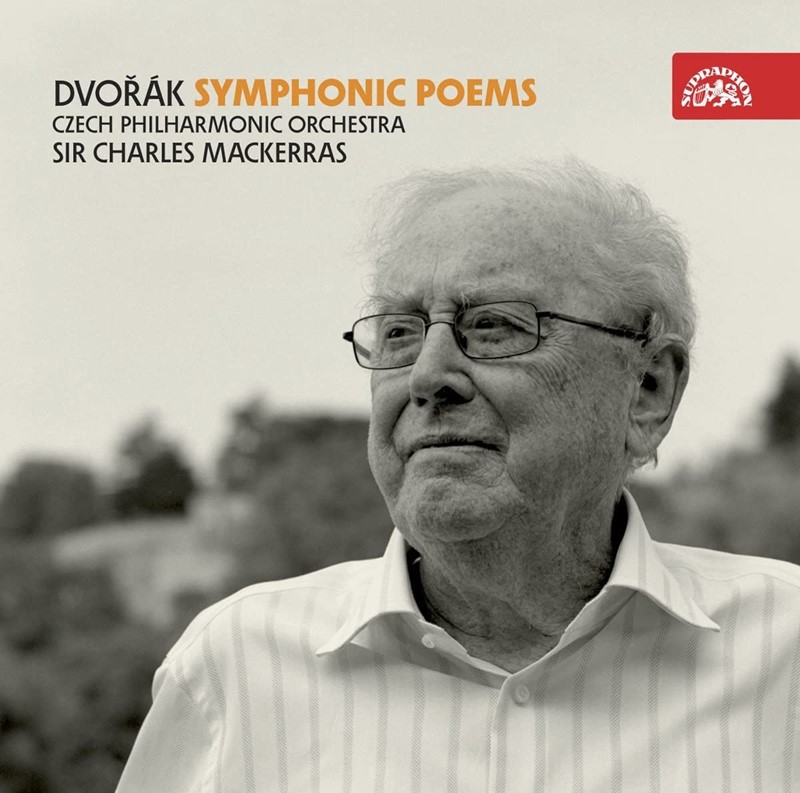
Symphonic Poems
Czech Philharmonic Orchestra / Charles Mackerras
(Supraphon)
'Premonitions of Janáček abound in these wonderful pieces and Sir Charles Mackerras, like Sir Simon Rattle on his opulent and vividly played Berlin recording, seems to acknowledge the fact in performance, most particularly at 7'44" or thereabouts into The Wild Dove, which could easily have hailed from a first draft for Taras Bulba. Sir Charles also marks the Mendelssohnian drift of the big string theme in The Golden Spinning-Wheel, a performance full of warmth and vitality, very realistically recorded and surely the highlight of the disc...' Read the review

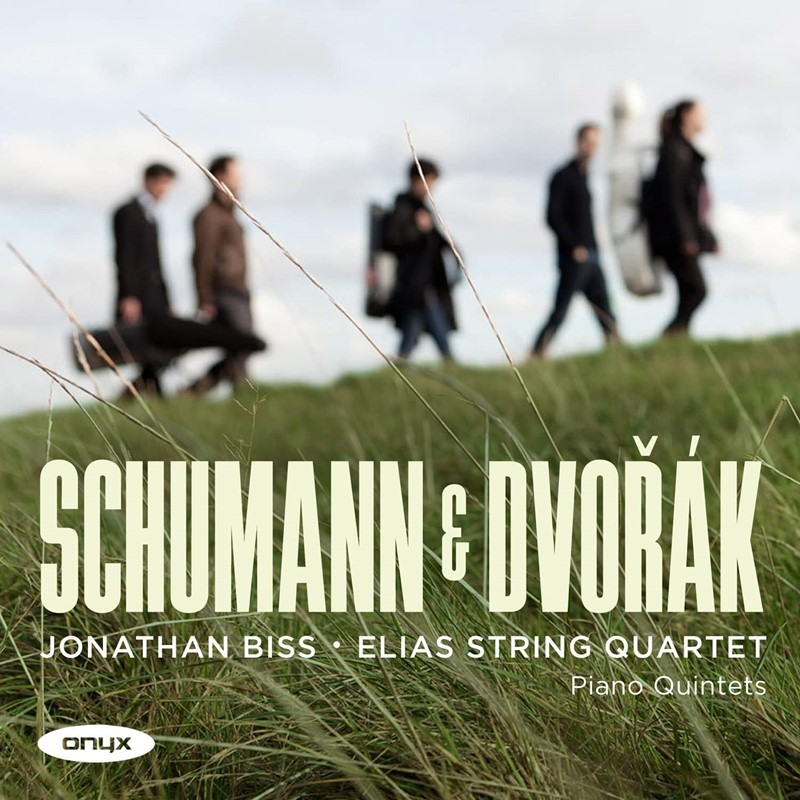
Piano Quintet in A
Jonathan Biss pf Elias String Quartet
(Onyx)
'Biss/Elias couple Dvořák’s Piano Quintet in a performance no less notable than the recent Awards-nominated one from Christoph Eschenbach and the Thymos Quartet, less monumental, perhaps, in that remarkable slow movement – the interface between the early Dvořák of the Cypresses and the late dumka style – but wonderfully playful in the Scherzo and beautifully bringing out the Slavic temperament of the work as a whole...' Read the review

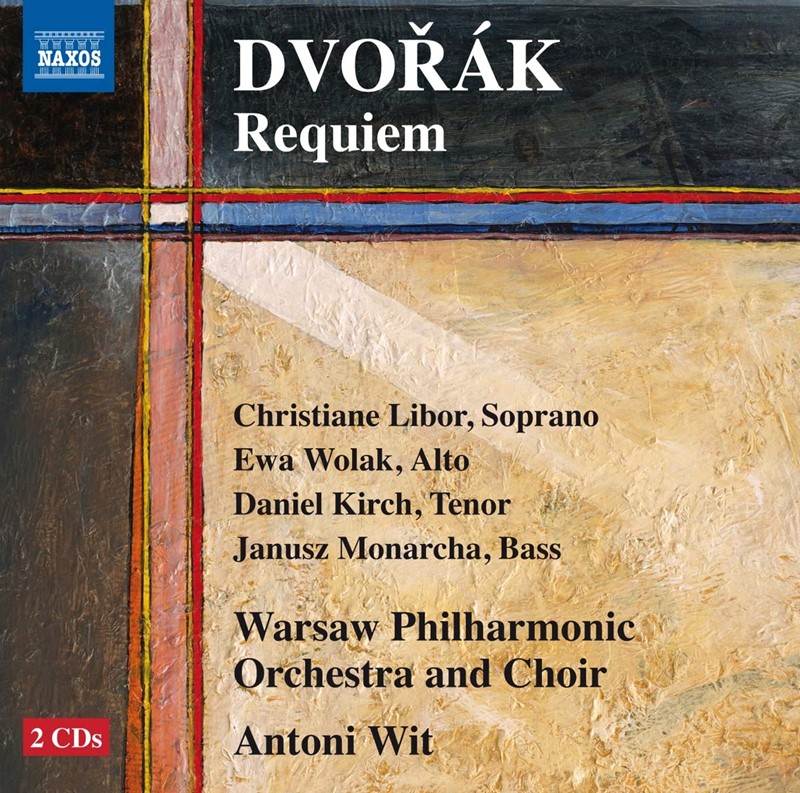
Requiem
Sols; Warsaw Philharmonic Choir and Orchestra / Antoni Wit
(Naxos)
'The quartet of soloists are magnificent. In the Sanctus, Christiane Libor is utterly magnificent in her soaring ‘Pleni sunt caeli’ and Janusz Monarcha’s fruity, Slavic approach in the ‘Recordare’ is spot-on. Orchestrally, this is a stunning performance. Perfectly blended woodwind are clearly focused on a wide-spread bed of strings. The recording is vividly engineered and everyone involved is on top form. A bargain...' Read the review

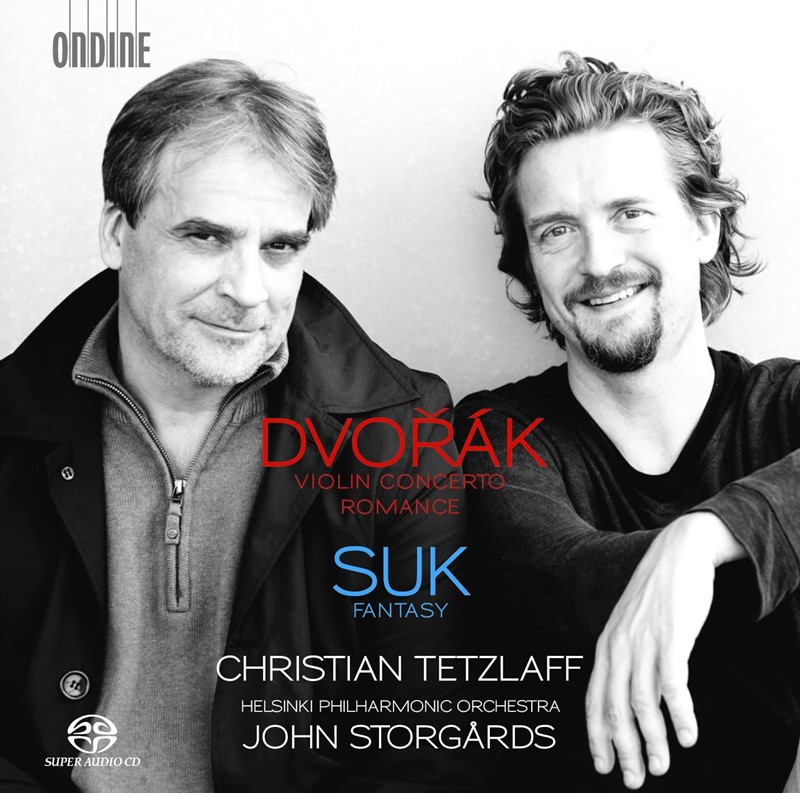
Violin Concerto. Romance
Christian Tetzlaff vn Helsinki Philharmonic Orchestra / John Storgårds
(Ondine)
'There’s a winning suppleness about the playing, the sense that rather than being chained to the bar-lines he’s able to stretch across them, always the sign of a great artist. I also like the way he underlines the chordal writing at 7'23" into the first movement. The slow movement has tenderness to spare, the finale delicacy as well as panache...' Read the review
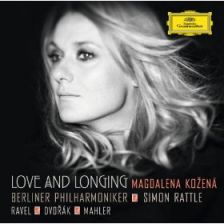
Ten Biblical Songs
Magdalena Kožená mez Berlin Philharmonic Orchestra / Simon Rattle
(DG)
'All 10 of the songs are drawn from the psalms, as laid out in the Czech Bible of Kralice. Dvořák responded to them with varied shades of pensiveness. On occasion, as in ‘Oblak a mrákota’ (‘Clouds and Darkness’), with its anguished introductory orchestral chords, the vocal line is cast almost in free recitative burgeoning into rapturous melody, with Rattle making sure that the rising cello motifs in the orchestral part define the ‘lightning’ of the text. Kožená encapsulates and conveys the spectrum of moods with a wealth of understanding and apt vocal inflection...' Read the review

Cello Concerto
Alisa Weilerstein vc Czech Philharmonic Orchestra / Jiří Bělohlávek
(Decca)
'Not only does Weilerstein possess a flawless technical address, lustrous tone-production and intrepid range of dynamic, her playing evinces a captivating candour and risk-taking flair that not only succeed in activating the goosebumps (always a good sign) but also make you hear the music with fresh ears...' Read the review
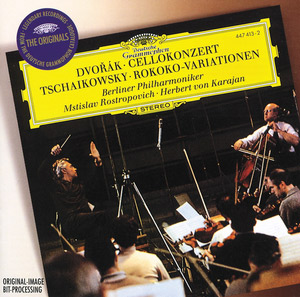
Cello Concerto
Mstislav Rostropovich vc Berlin Philharmonic Orchestra / Herbert von Karajan
(DG)
'There have been a number of outstanding recordings of the Concerto since this DG record was made, but none to match it for the warmth of lyrical feeling, the sheer strength of personality of the cello playing and the distinction of the partnership between Karajan and Rostropovich. Any moments of romantic licence from the latter, who’s obviously deeply in love with the music, are set against Karajan’s overall grip on the proceedings. The orchestral playing is superb. You’ve only to listen to the beautiful introduction of the secondary theme of the first movement by the principal horn to realise that the BPO is going to match its illustrious soloist in eloquence, while Rostropovich’s many moments of poetic introspection never for a moment interfere with the sense of a spontaneous forward flow. The recording is as near perfect as any made by DG in that vintage analogue era. It gives the cello a highly realistic presence, and if the passionate fortissimo violins lose just a fraction in fullness, and there seems to be, comparably, just a slight loss of resonance in the bass, the sound picture has an impressively clear and vivid focus. The description ‘legendary’ isn’t a whit too strong for a disc of this calibre.'
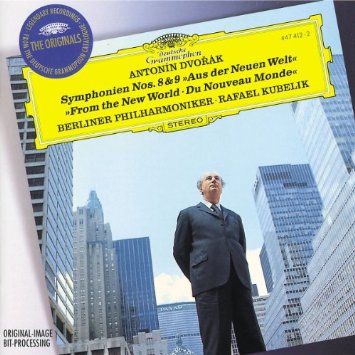
Symphonies Nos 8 and 9
Berlin Philharmonic Orchestra / Rafael Kubelík
(DG)
'These accounts are quite magnificent, and their claims on the allegiance of collectors remain strong. Their freshness and vigour remind one of what it was like to hear these symphonies for the first time. The atmosphere is authentic in feeling and the sense of nature seems uncommonly acute. Kubelík has captured the enthusiasm of his players and generates a sense of excitement and poetry. The playing of the Berlin Philharmonic is marvellously eloquent and, as is often the case, a joy in itself. The woodwinds phrase with great poetic feeling and imagination, and all the departments of this great orchestra respond with sensitivity and virtuosity. The recording has great dynamic range and encompasses the most featherweight string pianissimos to the fullest orchestral tutti without discomfort. The listener is placed well back in the hall so that the woodwind, though they blend beautifully, may seem a little too recessed for some tastes, though it should be said that there’s no lack of vividness, power or impact. The balance and the timbre of each instrument is natural and truthful; nothing is made larger than life and Kubelík has a natural warmth and flexibility. This will remain high on any list of recommendations for it has a vernal freshness that’s wholly reviving.'
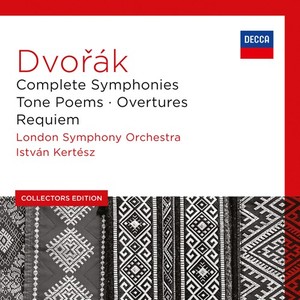
Complete Symphonies
London Symphony Orchestra / István Kertész
(Decca)
'István Kertész recorded the Dvořák symphonies in the mid-1960s, and his integral cycle quickly achieved classic status; his exhilarating and vital account of the Eighth Symphony rapidly became a special landmark in the catalogue. The original LPs are now collectors’ items. These magnificent interpretations became available again in 1992, in glitteringly refined digitally remastered sound, and it’s a tribute to the memory of this tragically short-lived conductor that this cycle continues to set the standard by which others are judged. He was the first conductor to attract serious collectors to the early Dvořák symphonies, and his jubilant advocacy of the unfamiliar First Symphony has never been superseded. This work offers surprising insights into the development of Dvořák’s mature style, as does the Second Symphony. Kertész shows that Symphonies Nos 3 and 4 have much more earthy resilience than many commentators might have us believe, insisting that Dvořák’s preoccupation with the music of Wagner and Liszt had reached its zenith during this period. The challenging rhetoric of the Fourth has never found a more glorious resolution than here, with Kertész drawing playing of quite gripping intensity from the LSO. The Fifth Symphony and, to a still greater extent, the Sixth reveal Dvořák’s clear affinity with the music of Brahms. Kertész’s superb reading of the Sixth, however, shows just how individual and naturally expressive this underrated work actually is, while the playing in the great climax of the opening movement and the vigorous final peroration remains tremendously exciting. In the great final trilogy, he triumphs nobly with the craggy resilience of the Seventh Symphony, and he brings a dynamic thrust and momentum to the Eighth. His New World is by turns indomitable and searchingly lyrical. These definitive performances have been skilfully reprocessed, the sound is astonishingly good, even by modern standards, and the playing of the London Symphony Orchestra is often daringly brilliant.'
Thank you for visiting...
We have been writing about classical music for our dedicated and knowledgeable readers since 1923 and we would love you to join them.
To find the perfect subscription for you, simply visit: gramophone.co.uk/subscribe











